Tillage farmers at the Irish Farmers Journal and Teagasc Crops and Cover Crop Cultivations event in Oak Park last week shared their views on recent dry weather, input costs, the future of tillage and Government plans for its expansion. While many reflected on a “bumper” year for tillage in 2022 due to high prices, most described the mix of current challenges for the sector as having cancelled this out. Barry Murphy and Sarah O’Sullivan report
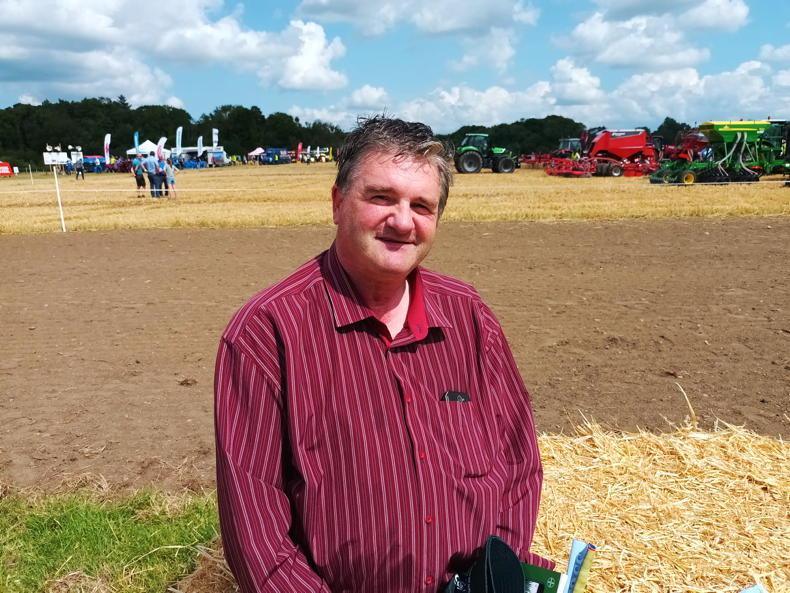
Tillage farmers at the Irish Farmers Journal and Teagasc Crops and Cover Crop Cultivations event in Oak Park last week shared their views on recent dry weather, input costs, the future of tillage and Government plans for its expansion. While many reflected on a “bumper” year for tillage in 2022 due to high prices, most described the mix of current challenges for the sector as having cancelled this out. Barry Murphy and Sarah O’Sullivan report

Kildare tillage farmer Larry Moran.
Larry Moran, Kildare
“I grow 55ha of cereals, winter barley and spring barley for mostly malt.
“My crops were excellent until last weekend. The rain flattened a lot of my spring barley. It’s going to make it hard to have spec for malt.
“Inputs this year have wiped out any advantage we got last year. We had to buy the fertiliser early, with no option to hold on for a price drop.
“If you didn’t get it out early on cereals, you were wasting your time.
“[Tillage expansion] won’t happen because of dairying.
“The profit is not there to expand it. The income is not in it.”
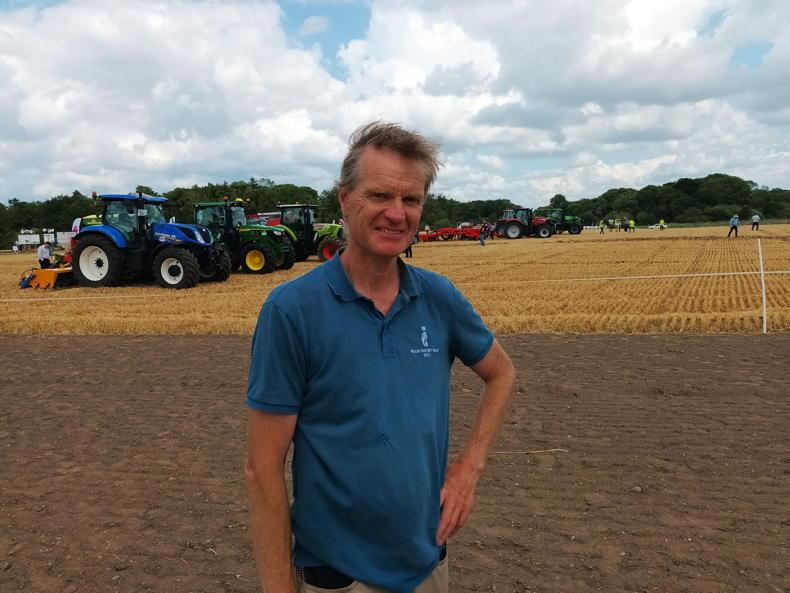
Wexford tillage farmer Keith Miller.
Keith Miller, Wexford
“It’s been the strangest year between the wettest March ever and then completely dry since. I’ve got spring oats that are headed out.
“It’ll be very interesting to see what the actual yield will be at the end of the day, because it has a head on it, but it’s just so low to the ground.
“Half my farm was in sucklers and I got out of them this year, it’s now all tillage.
“There’s a couple of drivers – one is the general push towards it. I responded to it, I suppose. The last few years, there’s been more money in the tillage end of it.”
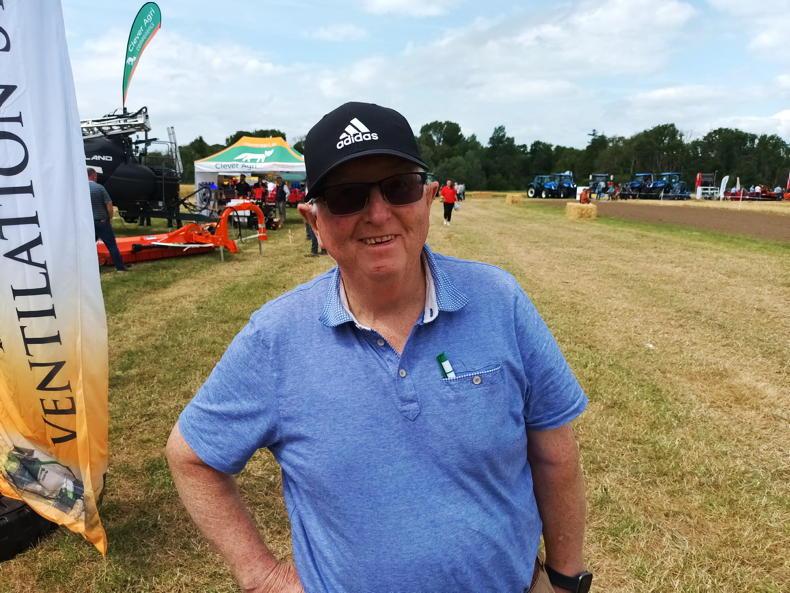
Meath tillage farmer Frank Eivers.
Frank Eivers, Meath
“I grow wheat, oats, barley and oilseed rape. The crops are not back because of the rain or the dryness at the minute.
“Crops got hit last February and March. February was too dry and it was too cold, especially for winter barley.
“As a result, with winter barley, the plant stand is not there that is usually there, because some of the plants died off.
“It didn’t get growing in time. March then into April was overly wet. That didn’t help either.
“There’s big competition with the dairy farmers.
“They can afford to pay the extra money for the land to cover their nitrates issues.”
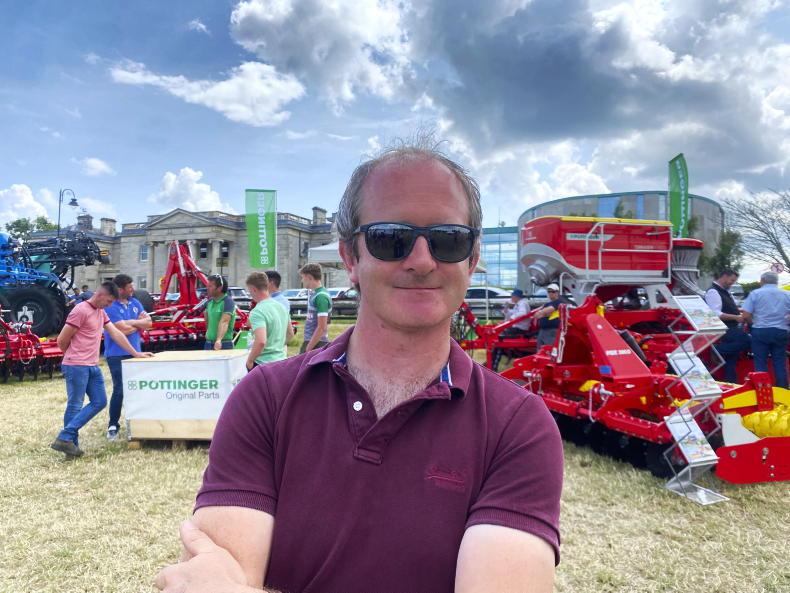
Waterford tillage farmer Kevin Looby.
Kevin Looby, Waterford
“We grow spring barley, winter barley, winter wheat, beans and maize. Spring crops were sown too late, some crops weren’t put into the grown until 20 April onwards.
“I’m disappointed with the spring barley. It just didn’t get the rain it needed during May. We will be looking at a yield of 2t or less.
“We’ve seen an increase in grain prices over the last 10 days, but being realistic, we won’t get anything close to last year’s prices.
“Access to land is the biggest challenge we face. We’re in a predominately dairy area and land is being taken up by the dairy sector.”
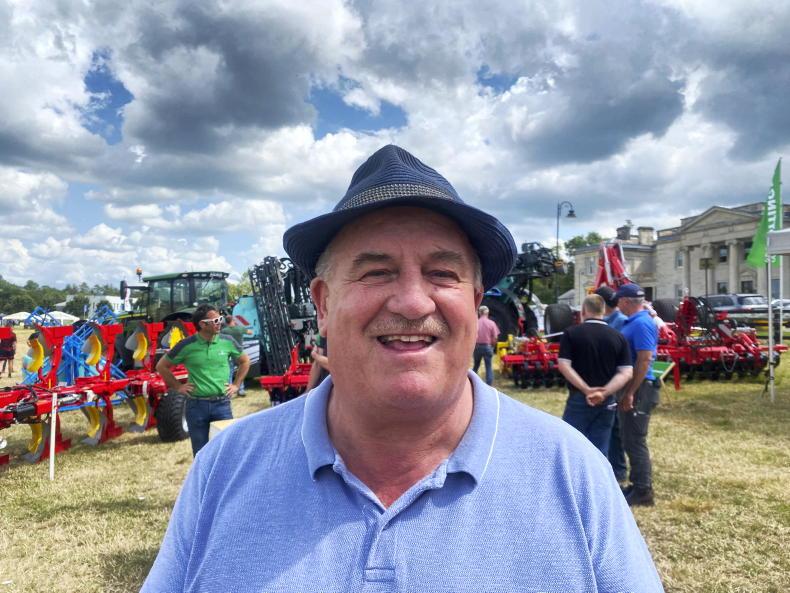
Louth tillage farmer Tom Lawlor.
Tom Lawlor, Louth
“I grow winter wheat, winter barley and oilseed rape. This is my first year in 20 years sowing oilseed rape. I need a break crop and it suits my rotation. Winter varieties are looking stronger than later crops, but they’re not bumper crops either.
“The spring was tough, as we have heavy land in Drogheda. This year’s yields and grain prices will be down. Prices fluctuate every year; tillage can be unpredictable. I do contract work; sowing and harvesting.
“One thing I have noticed is that it’s difficult to find labour. We don’t see the same interest from younger people.”







SHARING OPTIONS: